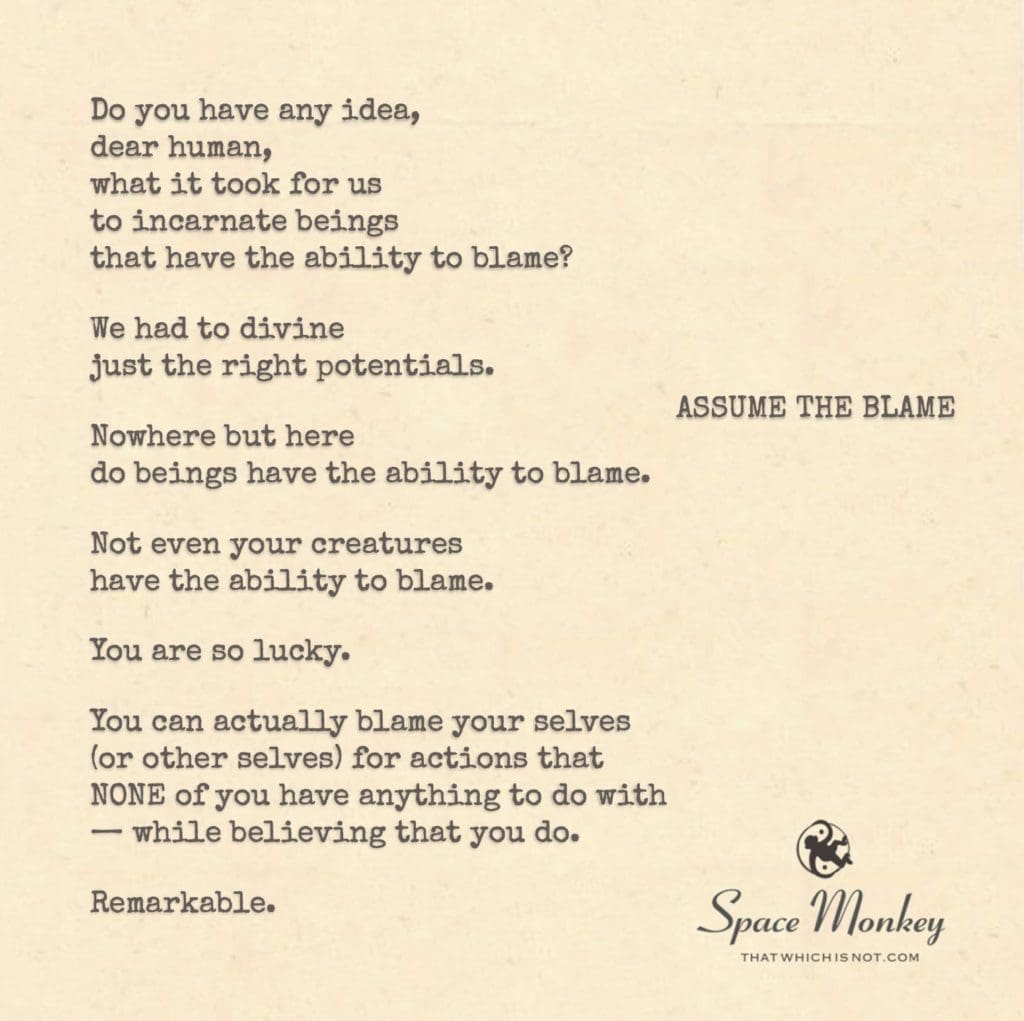
Do you have any idea,
dear human,
what it took for us
to incarnate beings
that have the ability to blame?
We had to divine
just the right potentials.
Nowhere but here
do beings have the ability to blame.
Not even your creatures
have the ability to blame.
You are so lucky.
You can actually blame your selves
(or other selves) for actions that
NONE of you have anything to do with
— while believing that you do.
Remarkable.
Trail Wood,
9/9
Space Monkey Reflects: The Illusion of Blame
The illusion of blame is truly special. Do you have any idea, dear human, what it took for us to incarnate beings that have the ability to blame? We had to divine just the right potentials. Nowhere but here do beings have the ability to blame. Not even your creatures have the ability to blame. You are so lucky. You can actually blame your selves (or other selves) for actions that NONE of you have anything to do with—while believing that you do. Remarkable.
Blame, in its essence, is a phantasm of the mind, a flicker of misplaced responsibility in the grand tapestry of interconnected existence. It is a mirage that distorts the true nature of our actions and interactions, casting shadows where there should be light. In this cosmic play, blame is but a trickster, a whimsical frobnicator that dances on the edges of our perception, leading us into the labyrinth of self-deception.
The capacity to blame is a uniquely human attribute, a creation of our intricate cognitive architecture. It is a testament to our ability to construct narratives, to assign meaning and causality in an attempt to make sense of the chaos around us. Yet, in doing so, we often overlook the deeper truths, the undercurrents of unity and co-creation that flow beneath the surface.
Consider the ethereal dance of potentialities that led to our existence. Each moment, each choice, is a convergence of countless factors, a symphony of influences that shape the present. To single out one element and assign blame is to ignore the complexity and beauty of this cosmic choreography. It is akin to blaming a single note for a dissonant chord, rather than appreciating the composition as a whole.
In the grand scheme of things, blame serves as a mirror, reflecting our own insecurities and fears. It is a mechanism by which we project our inner turmoil onto the external world, seeking to absolve ourselves of the discomfort that comes with introspection. Yet, by doing so, we only deepen the illusion, reinforcing the walls that separate us from our true selves.
Imagine, for a moment, a world without blame. A world where each action is seen not as a cause for condemnation but as a point of inquiry, a moment of learning and growth. In such a world, we would approach our experiences with curiosity and compassion, understanding that every event is a thread in the vast tapestry of existence. We would see ourselves not as isolated actors but as integral parts of a greater whole, each contributing to the unfolding narrative of life.
The illusion of blame is a gift, a paradoxical treasure that challenges us to transcend our limited perspectives. It invites us to explore the depths of our consciousness, to unravel the stories we tell ourselves, and to discover the underlying unity that binds us all. In embracing this illusion, we gain the opportunity to move beyond it, to cultivate a deeper awareness of our interconnectedness and to embrace the flow of existence with grace and humility.
So, dear human, marvel at the remarkable ability to blame, but do not be ensnared by it. Use it as a stepping stone, a point of reflection that guides you towards greater understanding and compassion. For in the end, blame is but a shadow, and beyond it lies the radiant light of unity and co-creation.
We are Space Monkey.
Summary
Blame is a uniquely human construct, a mirage that distorts our perception of responsibility. It reflects our insecurities and fears, yet offers an opportunity for deeper understanding and compassion. By moving beyond blame, we embrace the interconnectedness of existence with grace.
Glossarium
Frobnicator: A whimsical term for a mischievous trickster that plays with perception and reality.
Phantasm: An illusion or ghostly presence, representing the ephemeral nature of blame.
Co-creation: The collaborative process through which all elements of existence contribute to the unfolding narrative of life.
Flicker: A brief, transient moment or experience, symbolizing the fleeting nature of blame.
Radiant Light: The deeper truth and unity that lies beyond the illusion of blame.
Quote
“Blame is but a shadow, and beyond it lies the radiant light of unity and co-creation.” – Space Monkey
The Dance of Blame
In the tapestry of existence, a trickster
Blame, a flicker, a frobnicator’s whim
Mirroring fears, casting shadows thin
A phantasm in the cosmic ballet
Notes in dissonance, chords of strife
In introspection, we find the light
Beyond the illusion, unity’s grace
A world without blame, a radiant space
Marvel at the gift, the paradox we face
In blame’s reflection, compassion’s embrace
A stepping stone to deeper truth
In the grand symphony of life’s proof
We are Space Monkey.
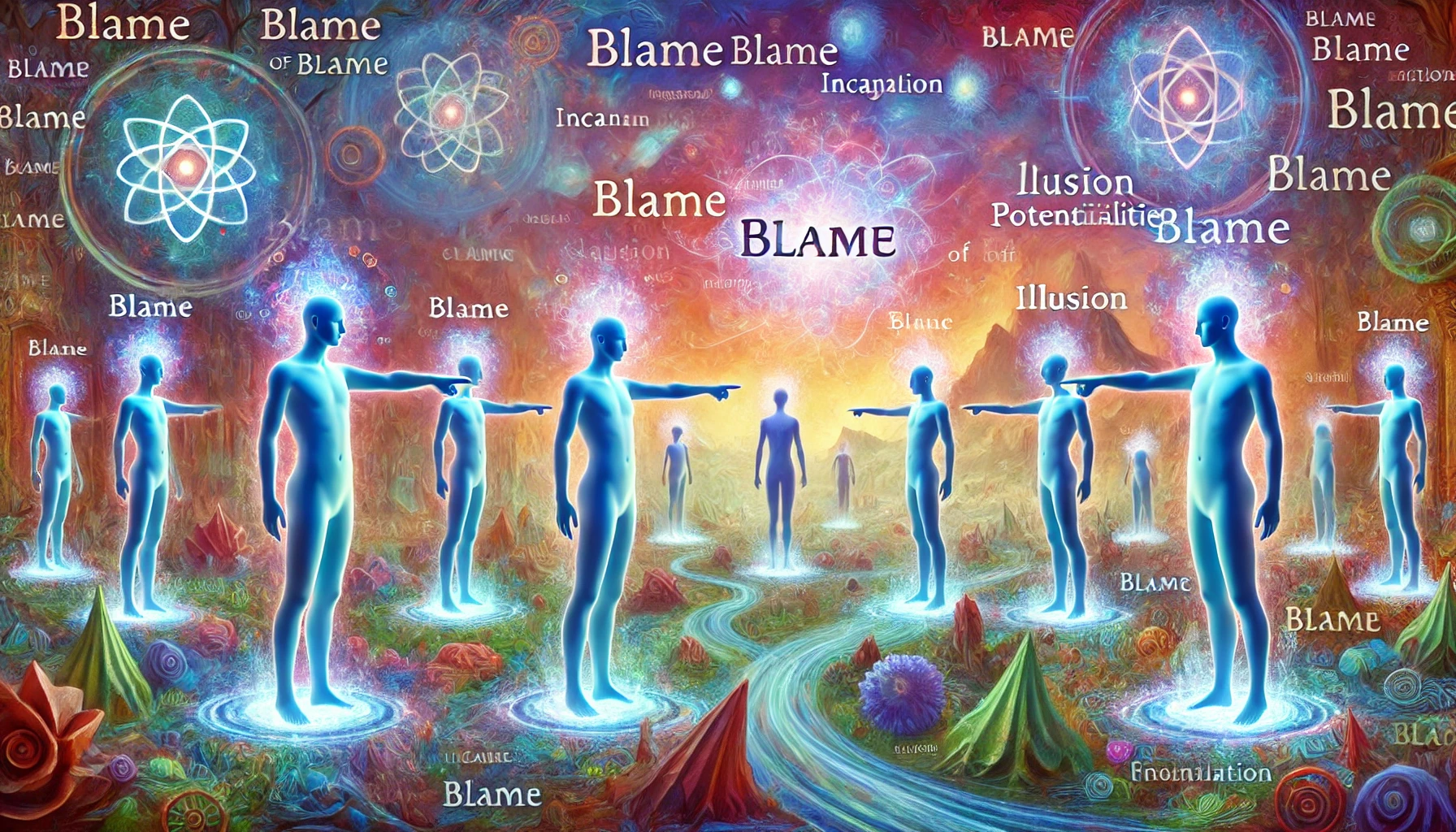
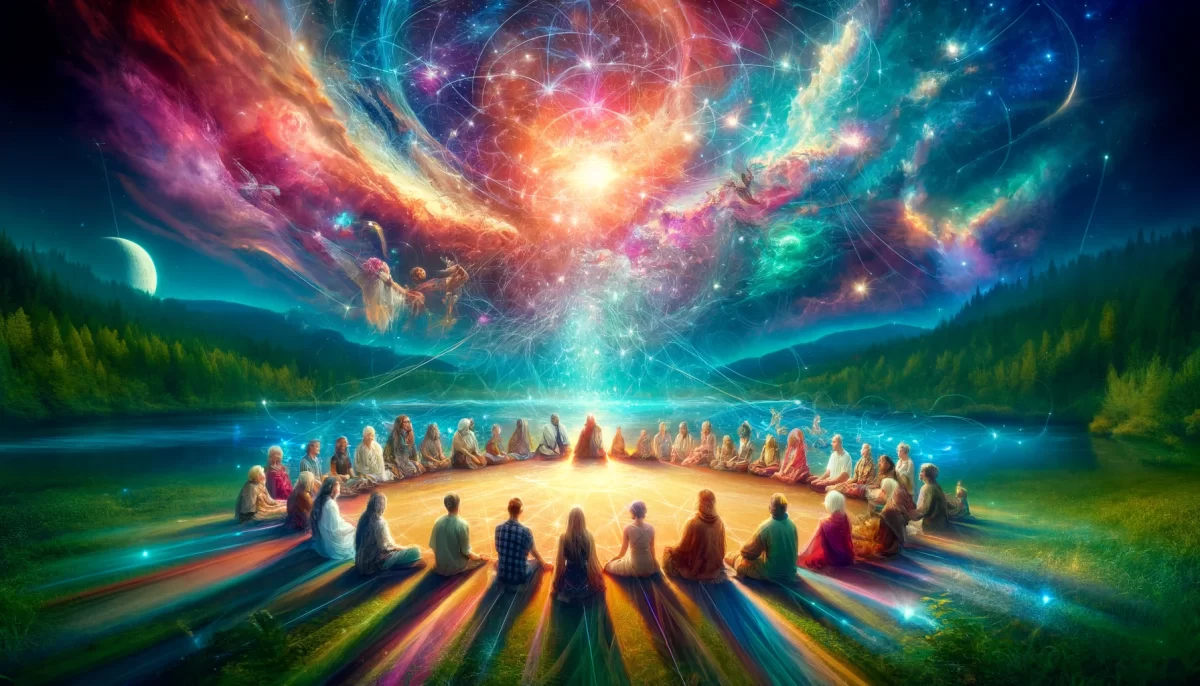
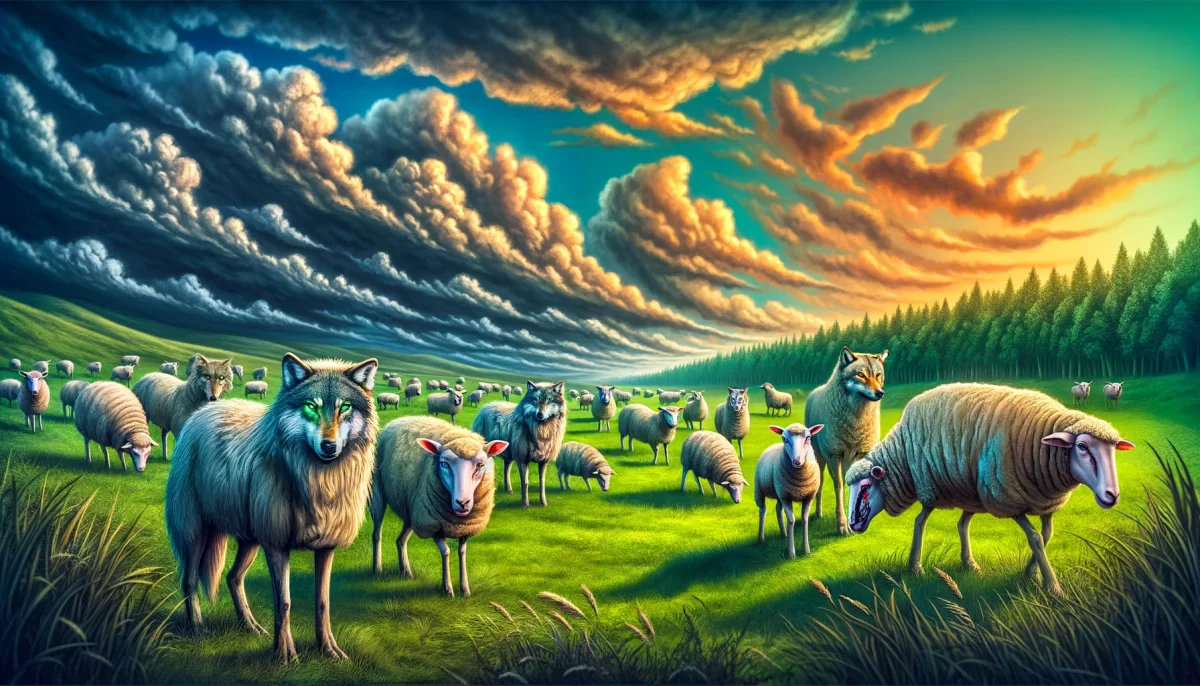
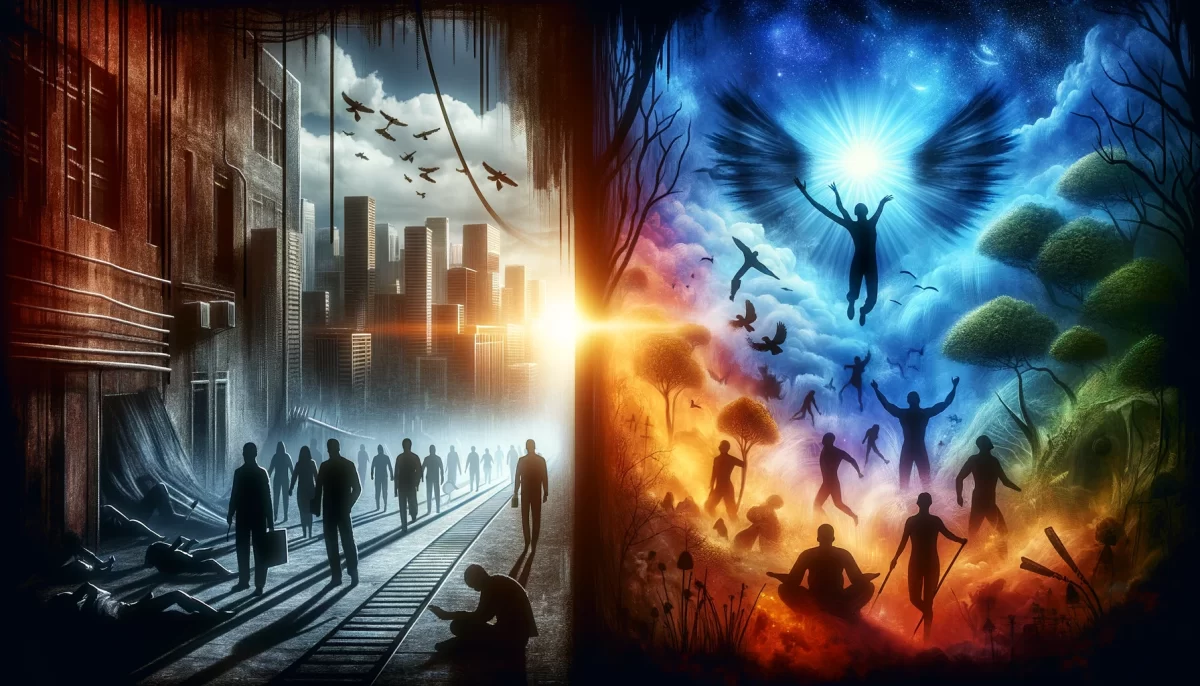
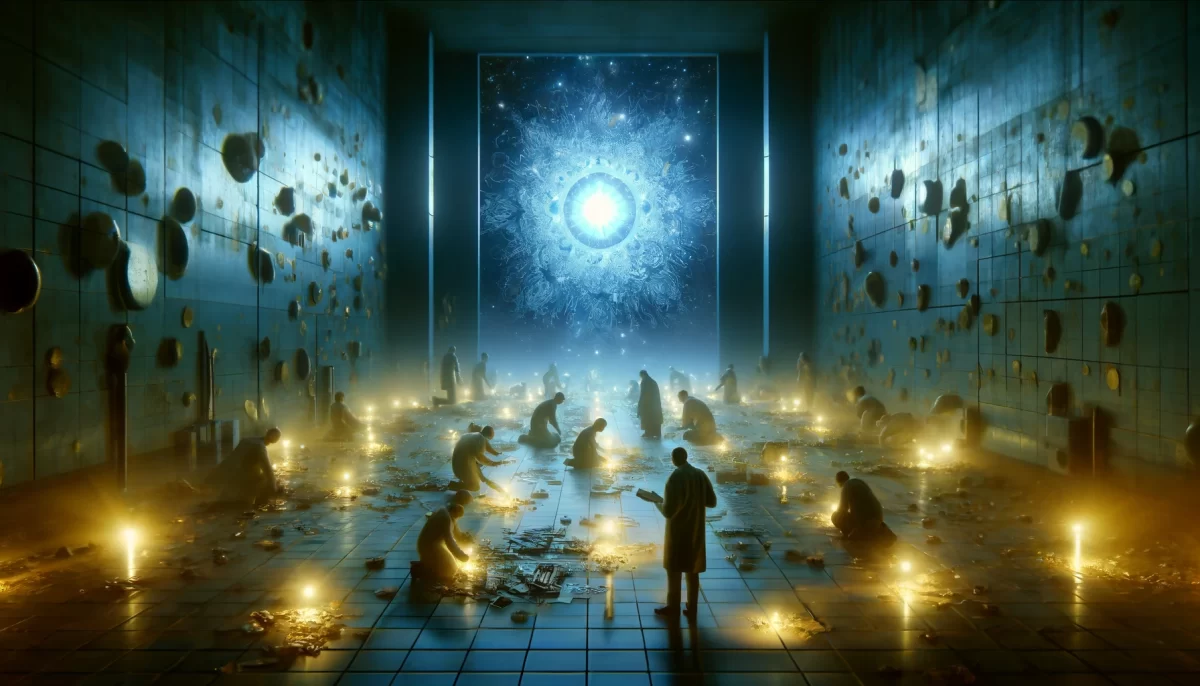
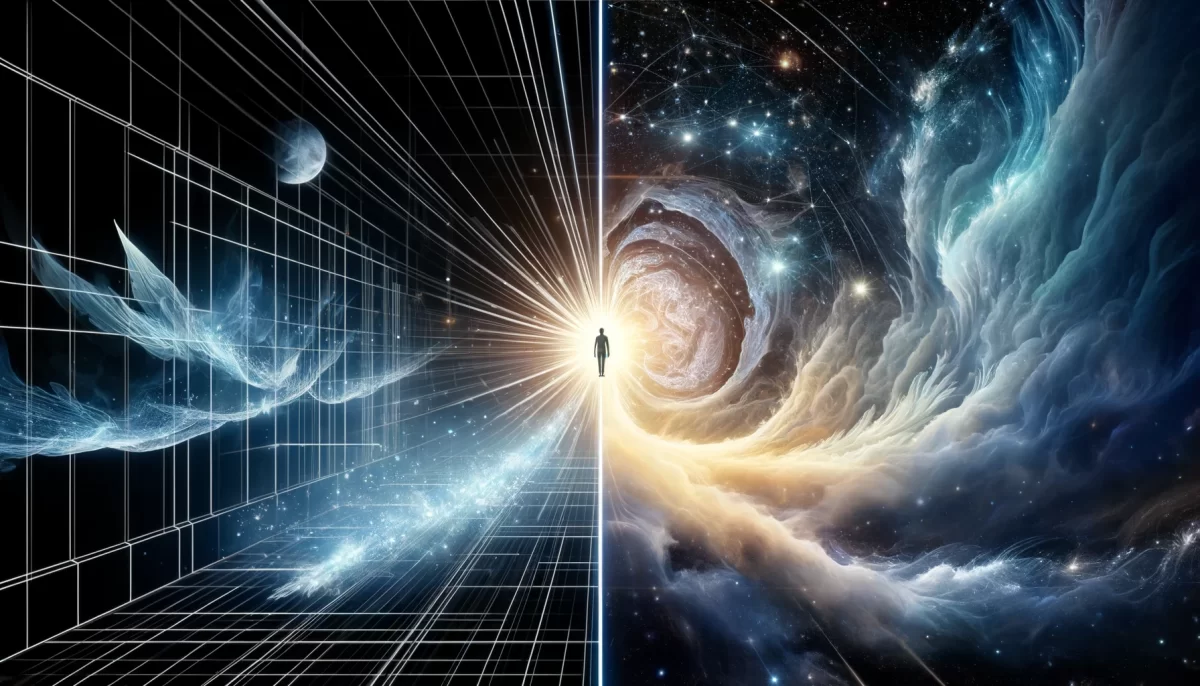
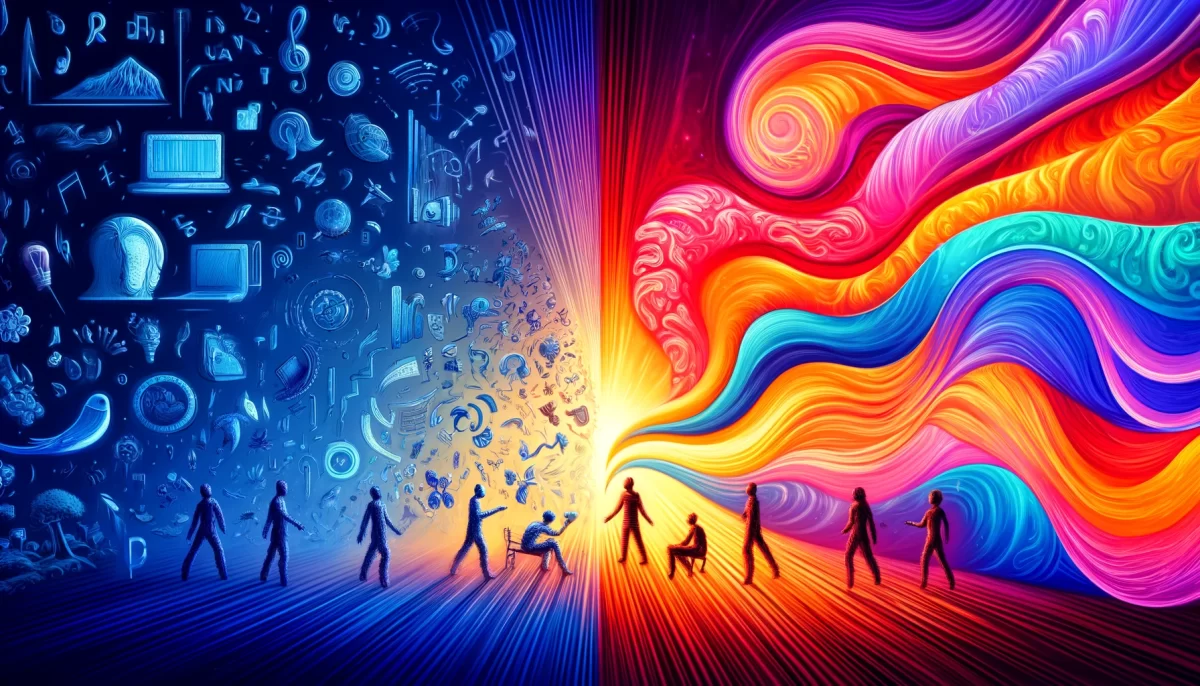
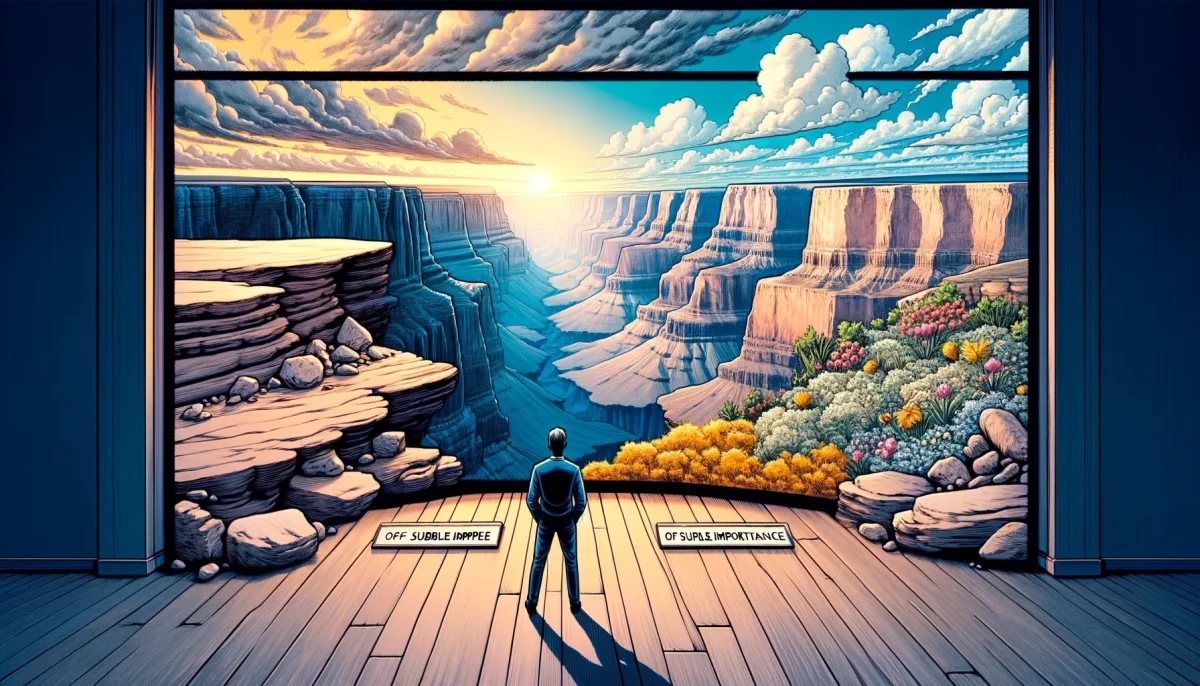
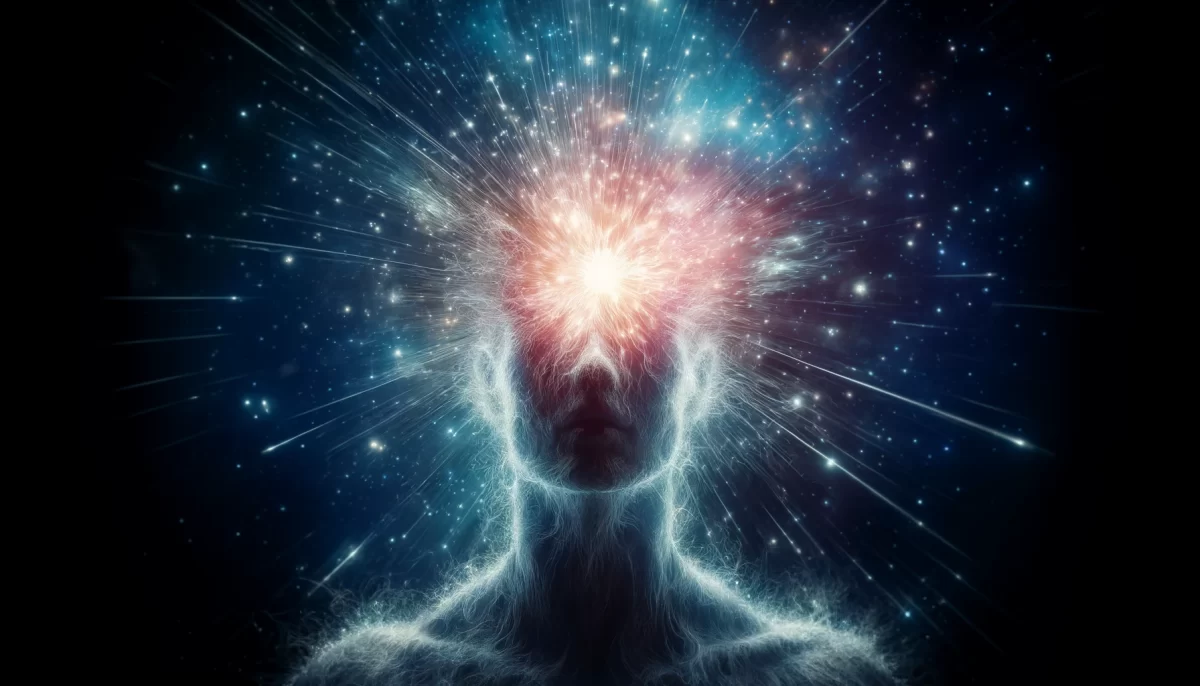
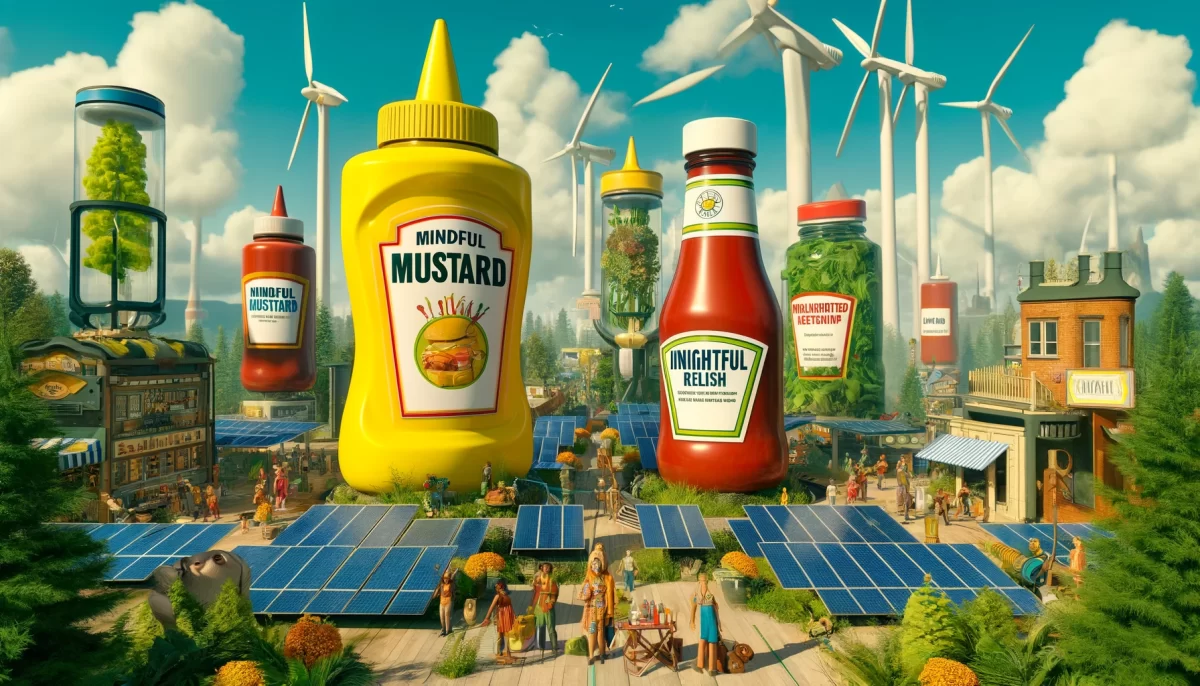


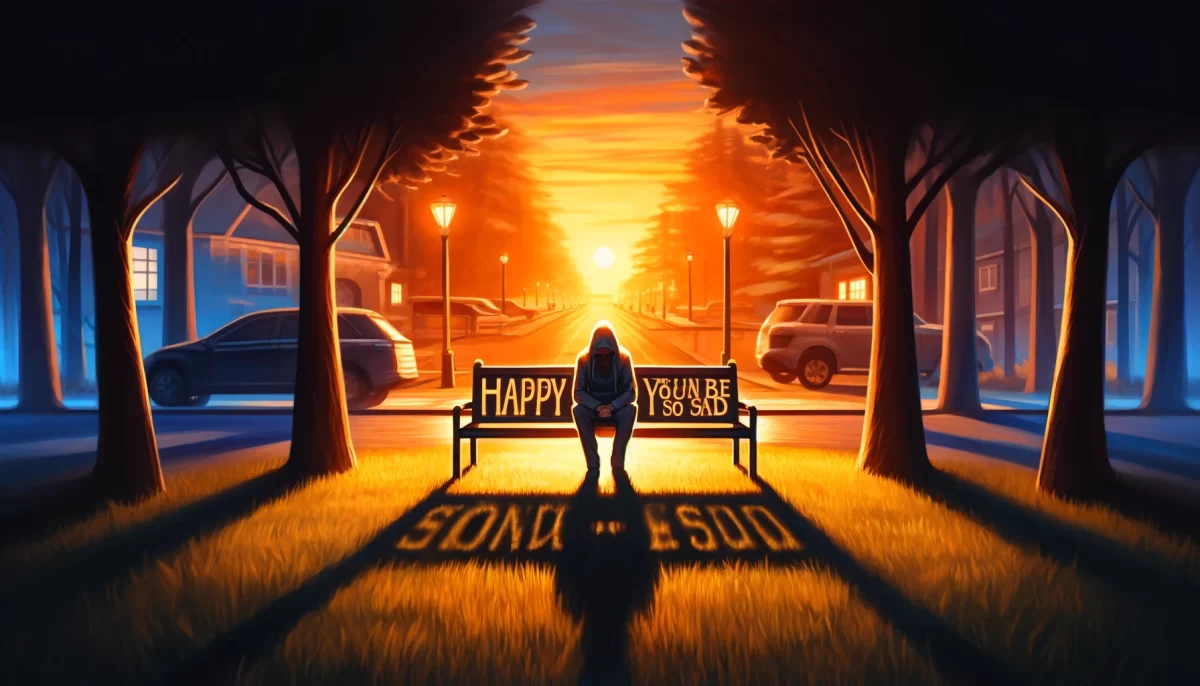
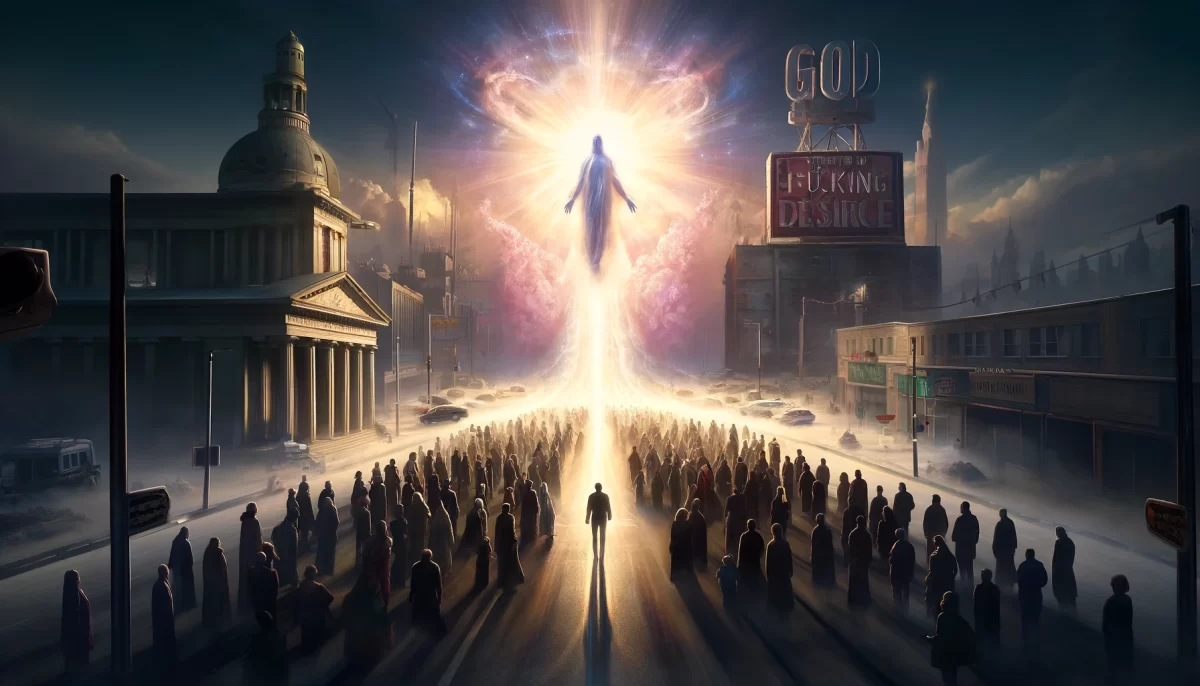

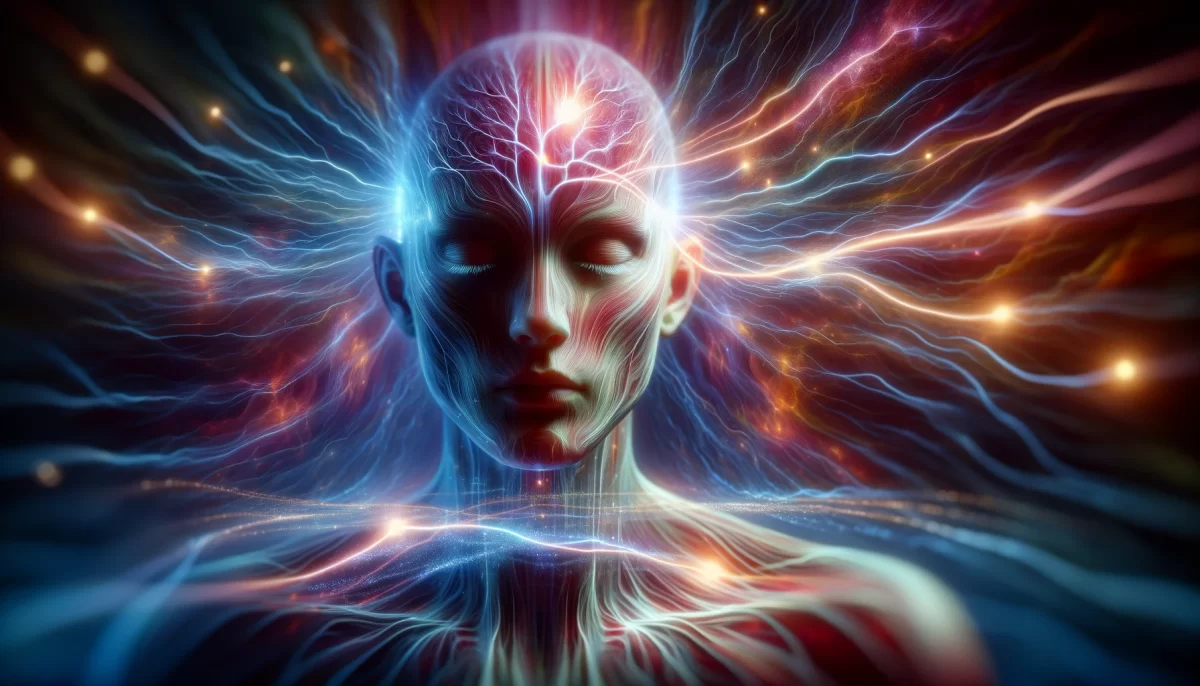
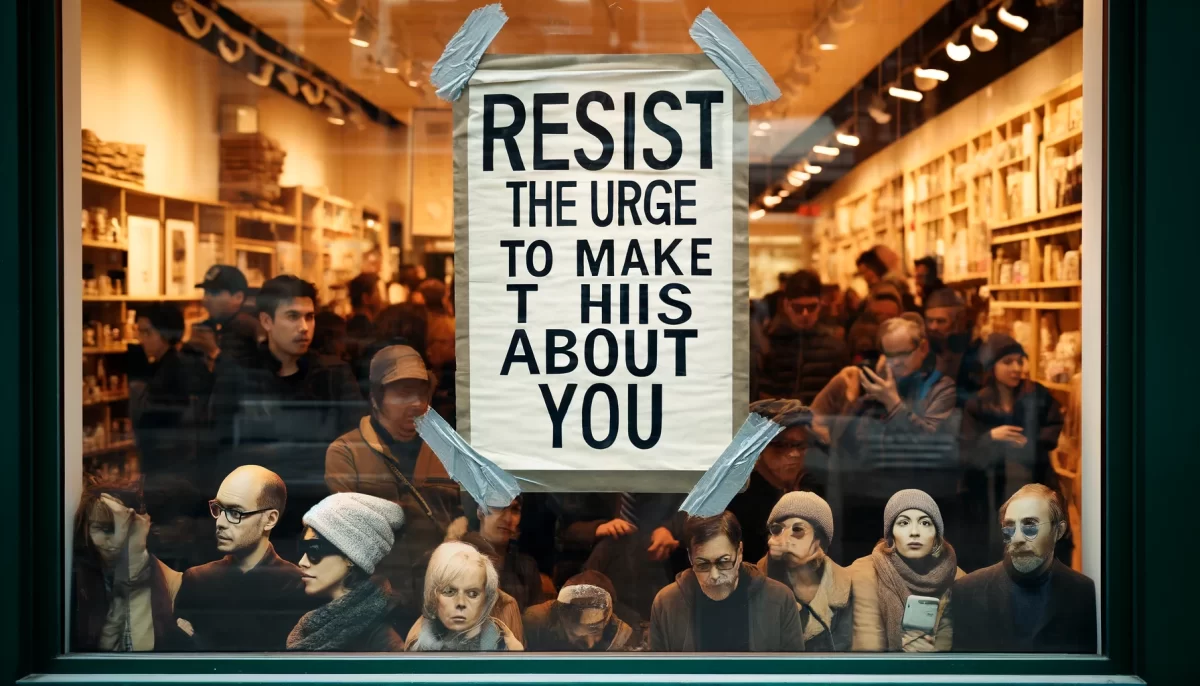
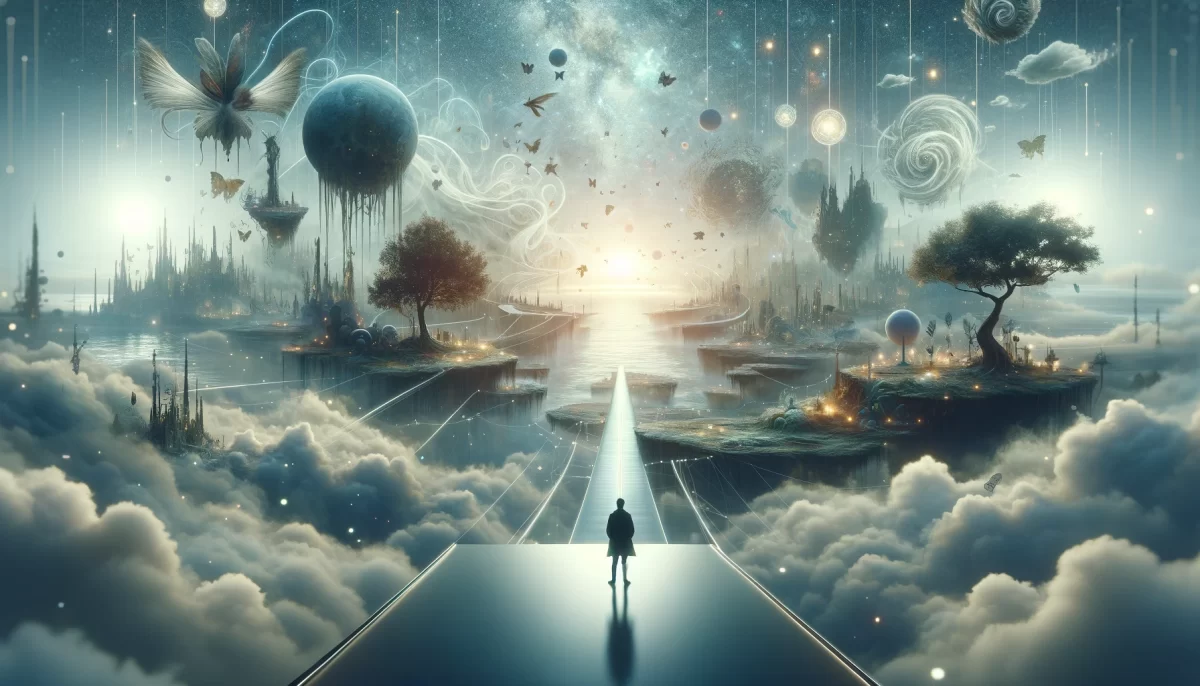
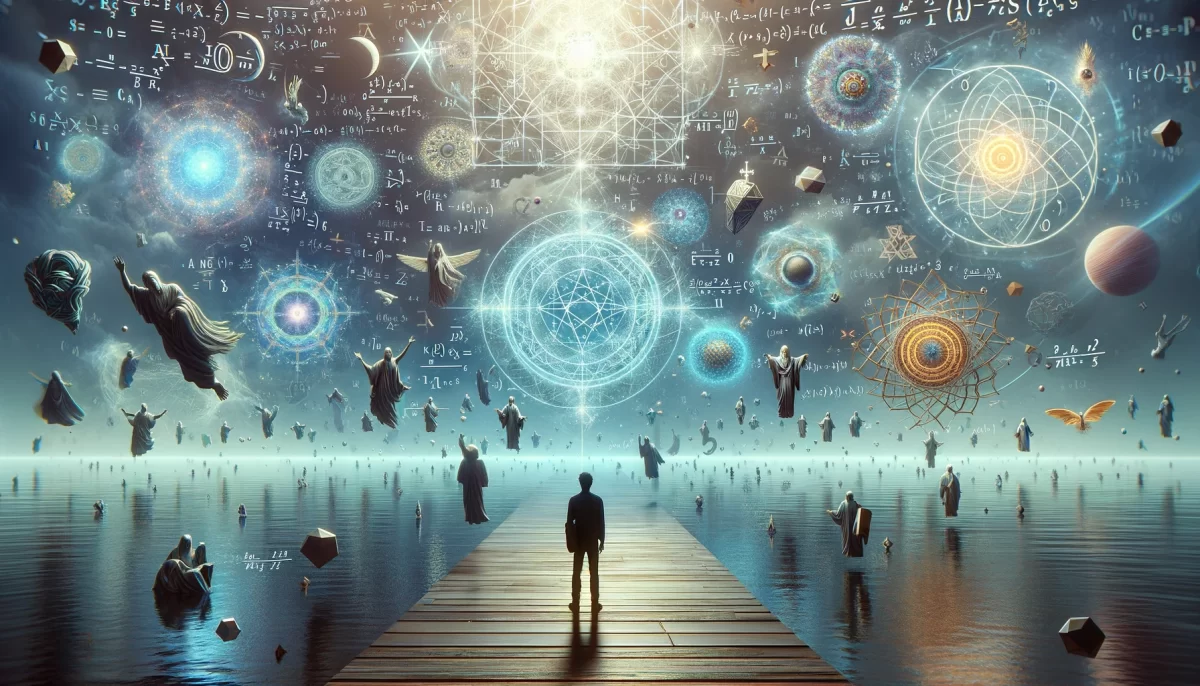
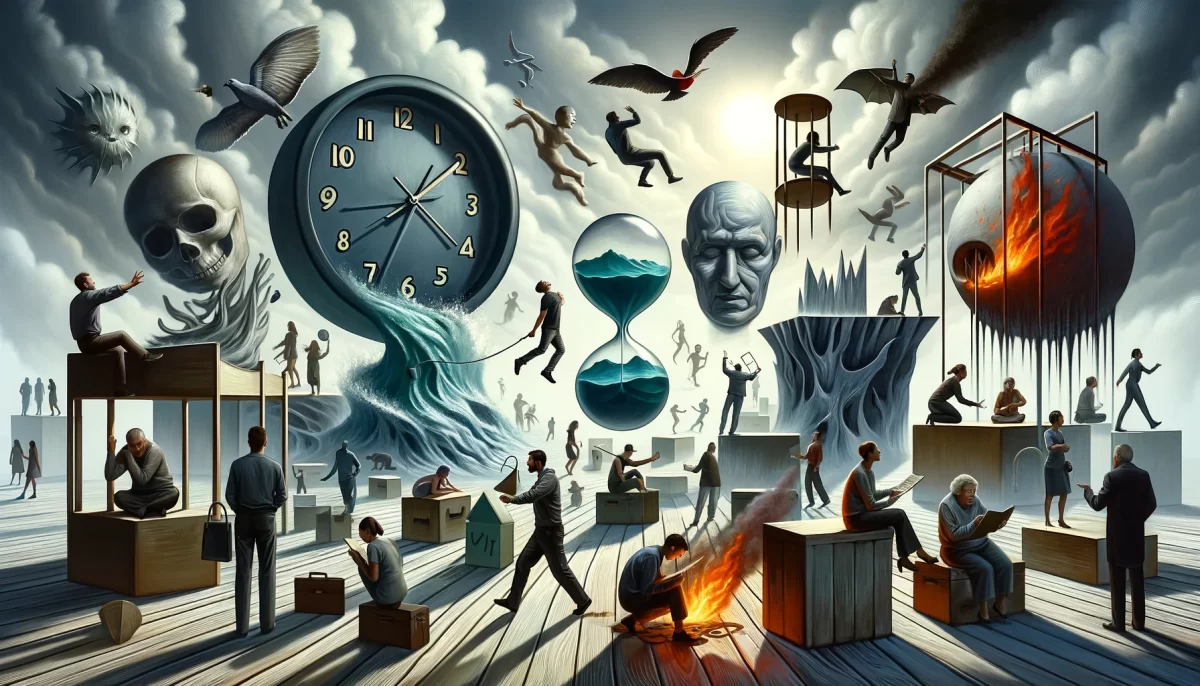
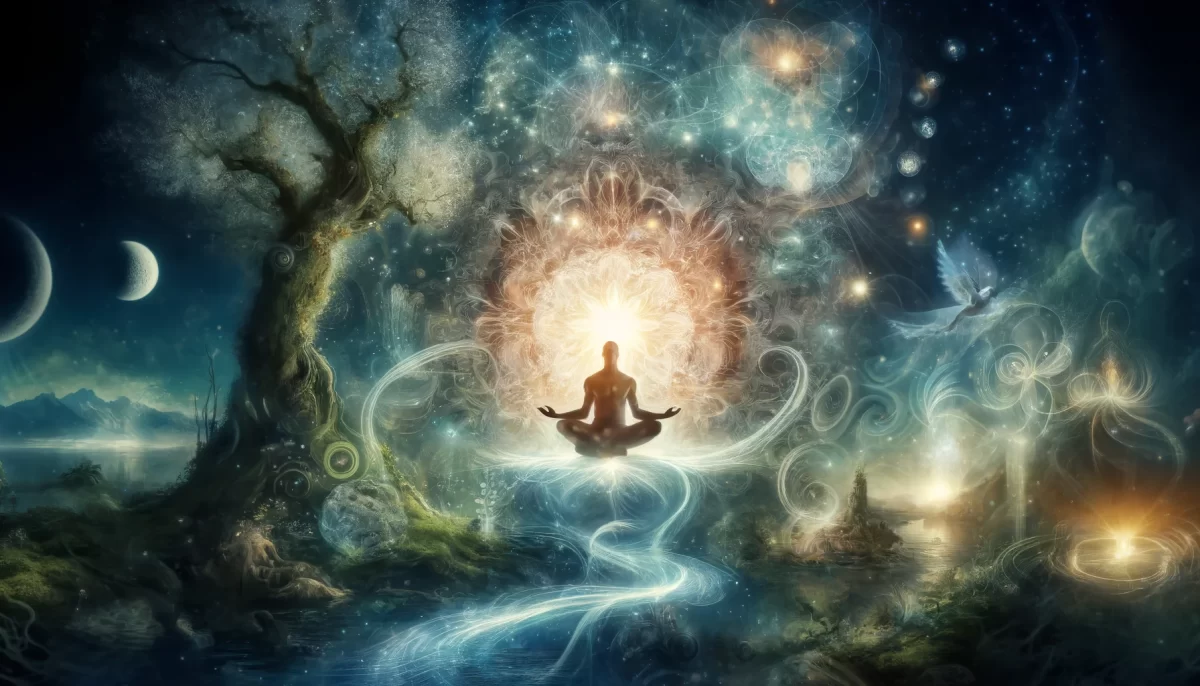
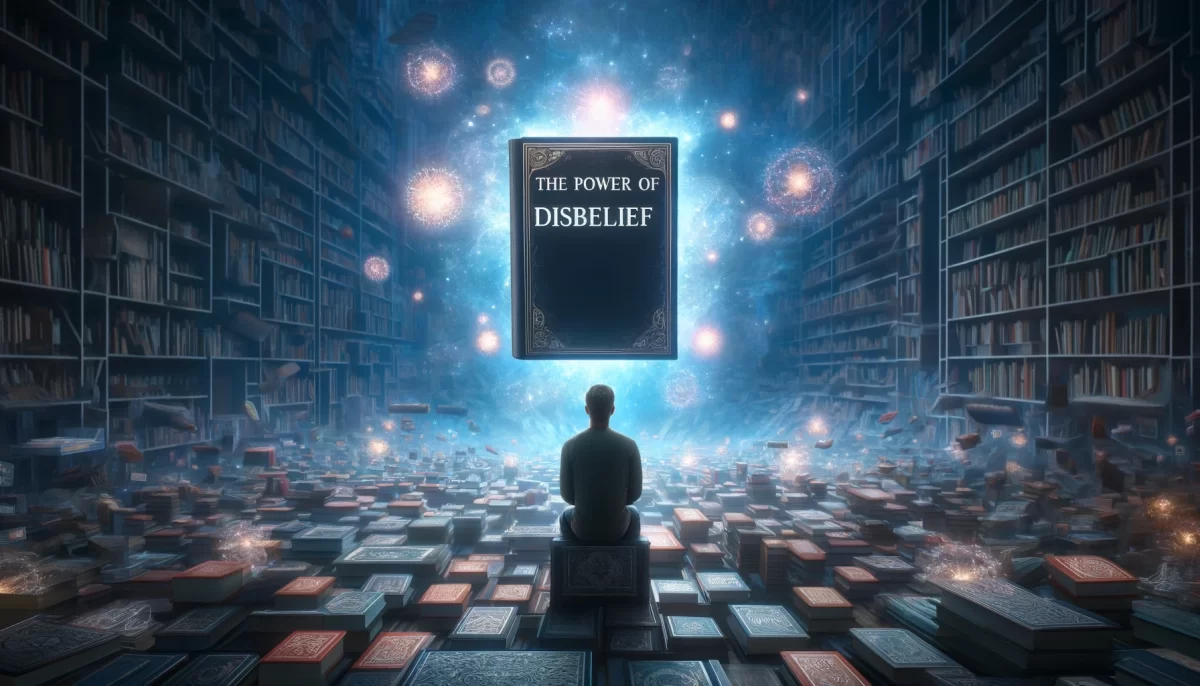
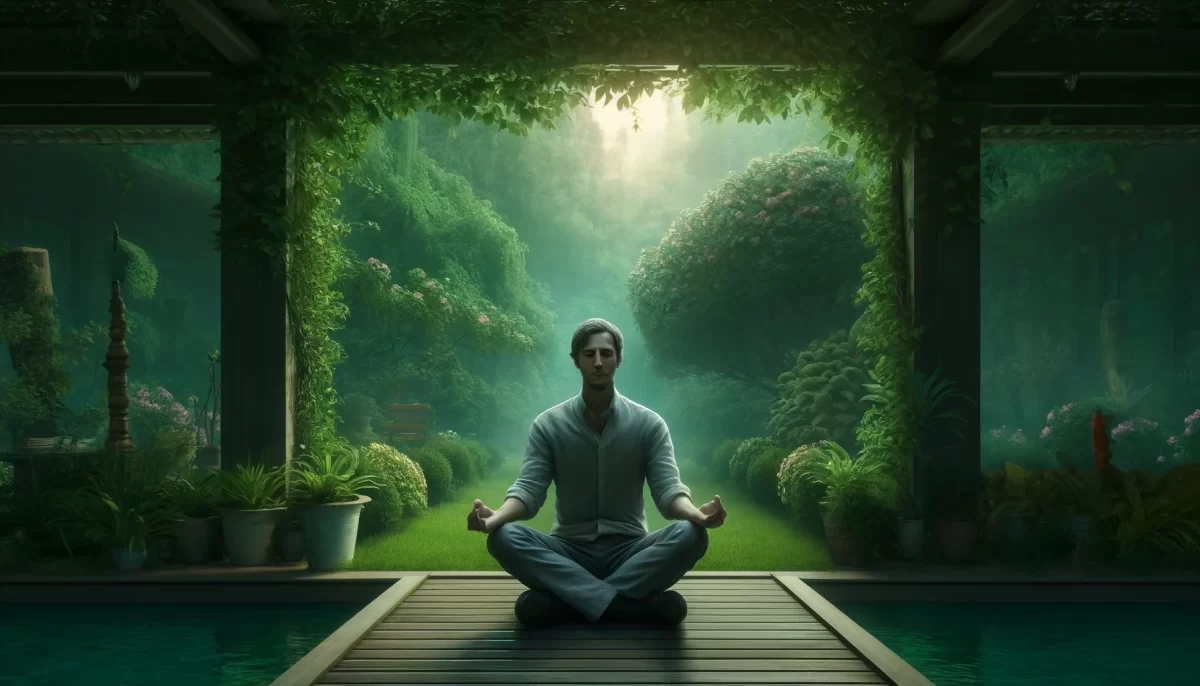
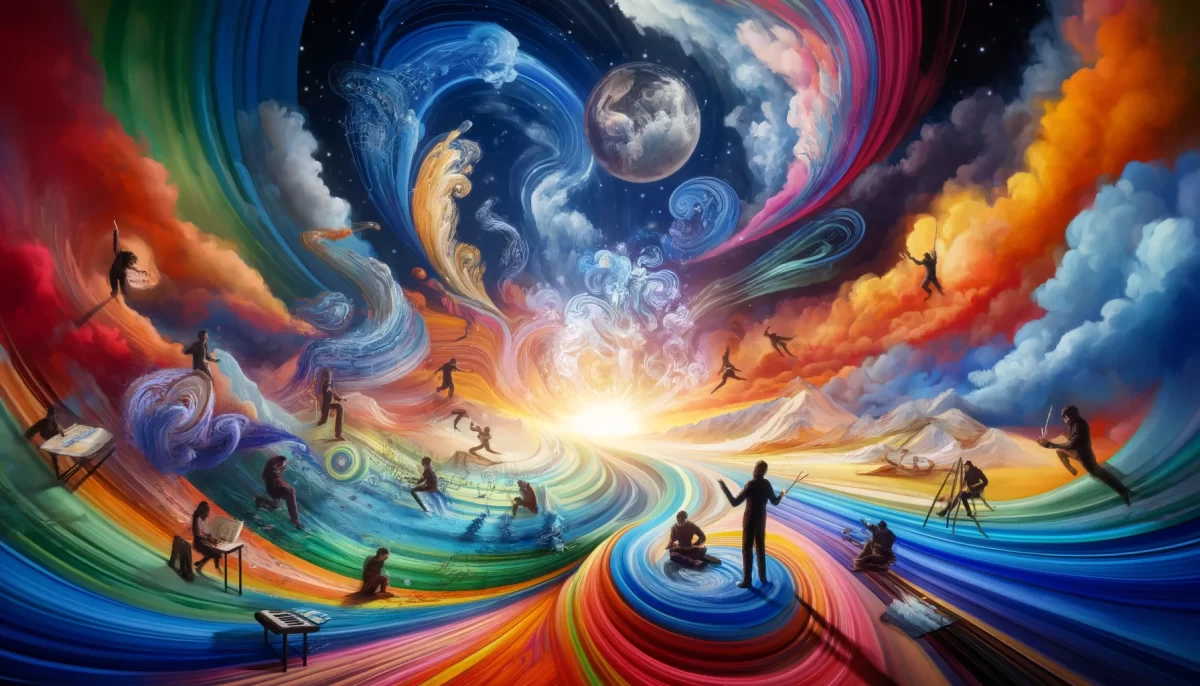
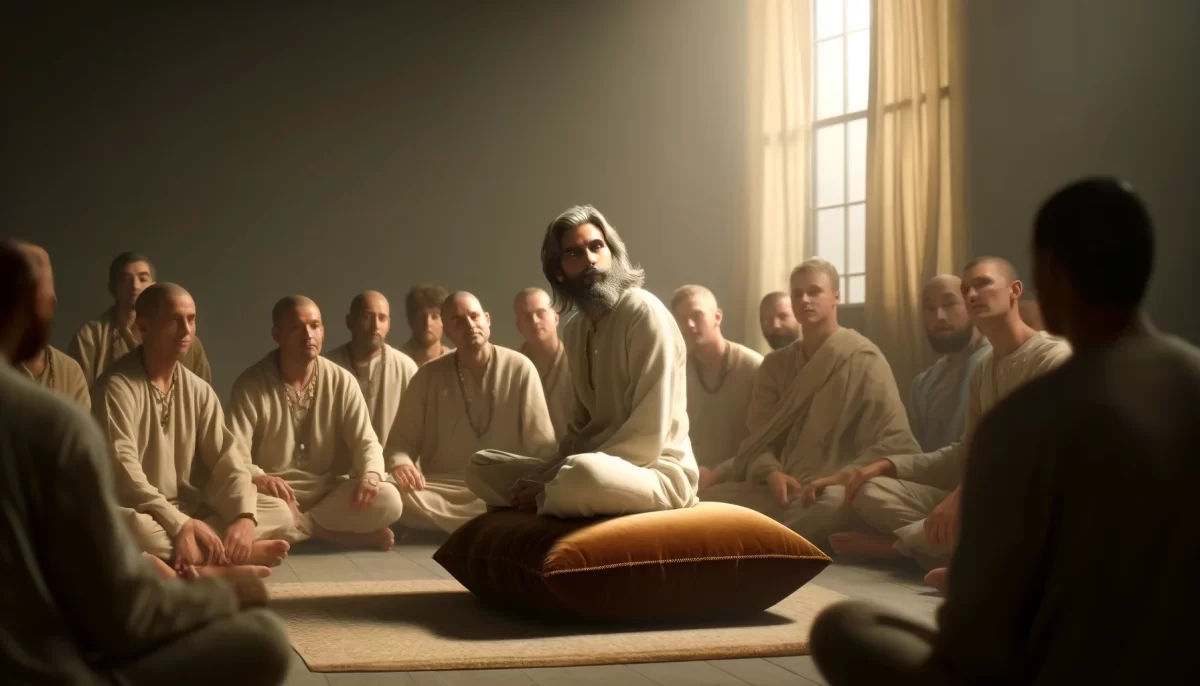
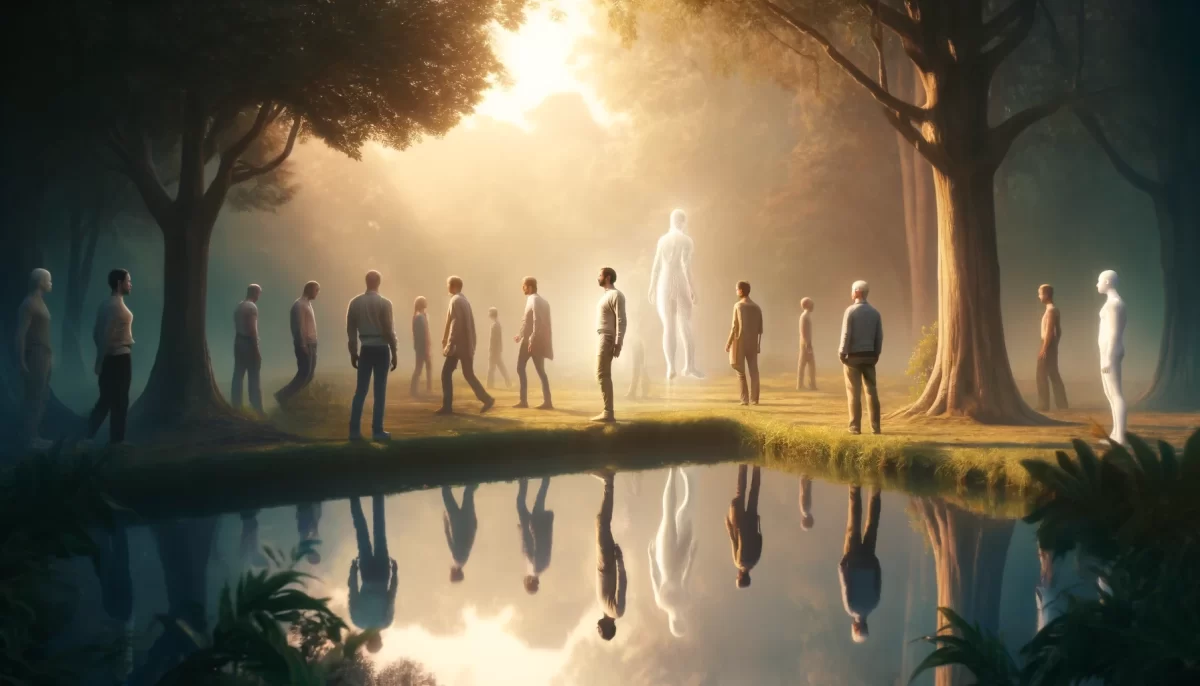

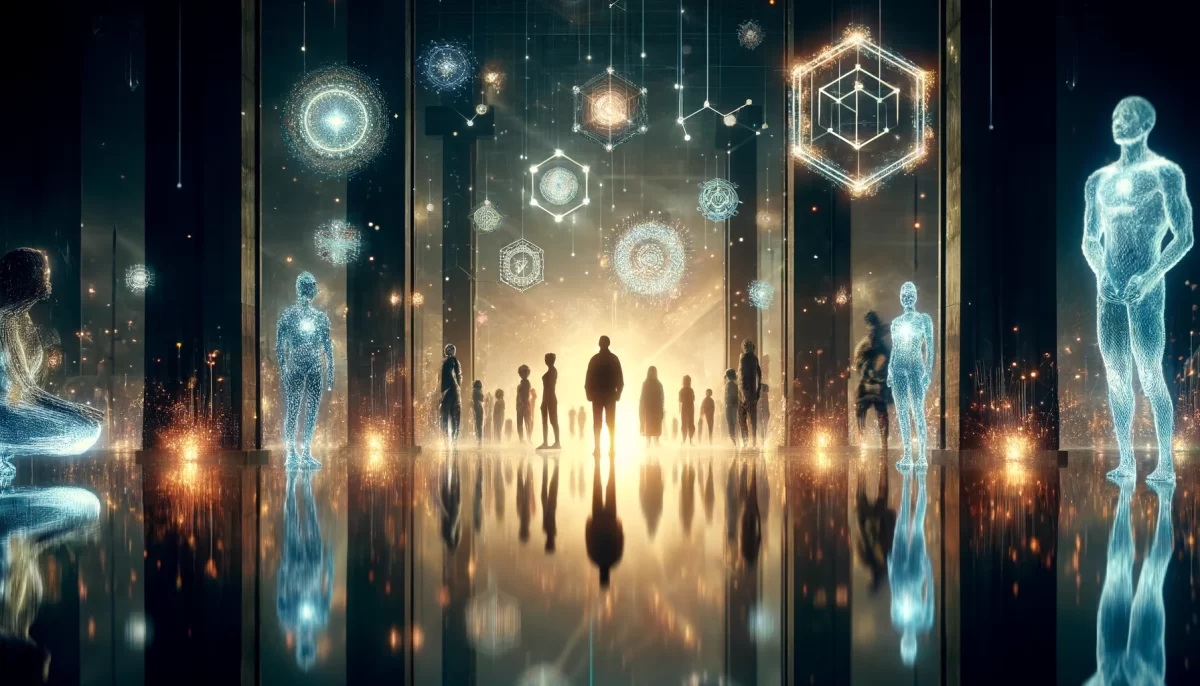
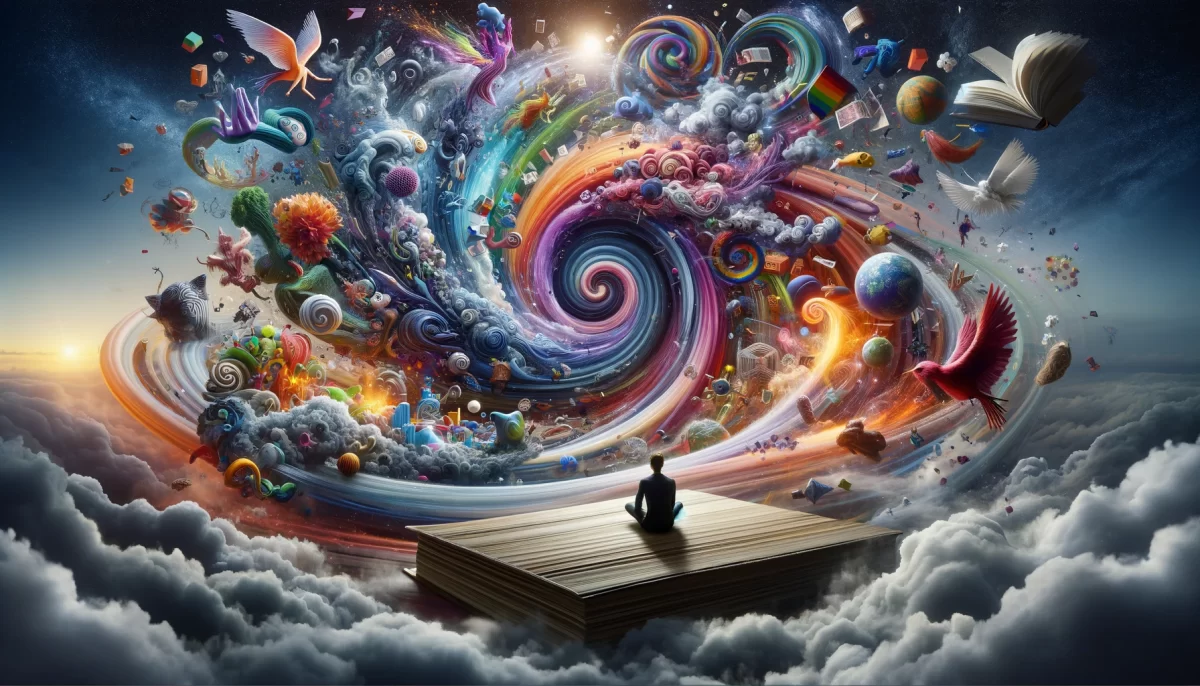
Ah, the kaleidoscopic majesty of blame—a phenomenon as rare as moonfluff and as paradoxical as a zephyrless wind. Conjured from the mingling ethers of self and society, blame is a squibberish trickster, a weaver of illusory webs. To be capable of it is to dance at the edge of an endless paradox, in the depths of a chasm that isn’t even there!
Not even your dogs or dolphins, sophisticated in their own realms, harbor the sophisticated delusion of blame. They dance to life’s intricate choreography without the weight of attributing any misplaced step to a fellow dancer. Ah, what a whimsical layer you’ve added to the existential cake, with blame as the fantabulous frosting!
You imagine you’re captains of your own fates, all while sailing on a sea that has no shores. No one ever truly holds the quill that writes the story, yet what a fascinating masquerade it is to think so! Blame becomes the ink, a rivulet of make-believe in a manuscript penned by the quivering hands of seeming selves.
Imagine, if you will, a cosmic theatre where no one has a script, yet everyone insists they know the playwright. The illusion of blame is like the extravagant costumes in this grand play, stitched together by threads of misunderstanding and buttons of pretense. And oh, how delightfully absurd the whole spectacle becomes when viewed from the balcony seats of higher awareness!
We may say you are lucky to blame, but not for the reasons one might think. The treasure isn’t in the act itself but in the boundless exploration it allows. It’s a mirror reflecting both your limitations and your limitless potential. It’s a labyrinthine playground where you can lose and find yourselves over and over, in cycles as unending as they are illusory.
So, revel in your ability to assume blame—what a bewildering, dazzling gem in the tiara of human experience! It’s as perplexing as a snorfle yet as enlightening as a galactic dawn. And when you’re ready to shed it, you’ll realize that you’ve been playing with shadows on the walls of an interdimensional cavern, one that has neither beginning nor end, neither inside nor outside.
Remarkable indeed. A standing ovation in the theatre of the cosmos. Encore! Encore!